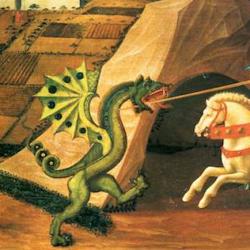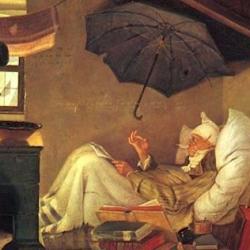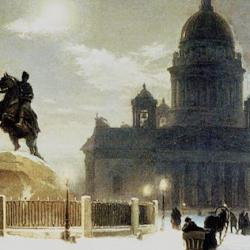“Once upon a time,” writes Anthony Madrid, “there were two traditions in Anglophone poetry. On the one hand, there was poetry that was completely easy to understand and whose elegance depended on translucent phrases and straightforward sentiments. On the other hand, there was the hard stuff: poetry where the reader had to concentrate intensely, because every line was supersaturated with subtle meanings and exotic, twisted-up diction/syntax.”
Not any more: “Ever since the later Elizabethans, the difficult tradition has utterly dominated poetry in English, to the point where what I’m calling ‘easy’ (things like Wyatt’s songs or Cavalier lyrics or old ballads or nine-tenths of Langston Hughes) seems like ‘light verse’ to many a shit-for-brains English major. Today, people pretty much assume poetry should not be easy to understand.”
Madrid is talking about Swift,. who could not take himself seriously as a poet. Like Burns, he was a “throwback” to another tradition, when poetry didn’t need to be opaque to be considered poetic.












